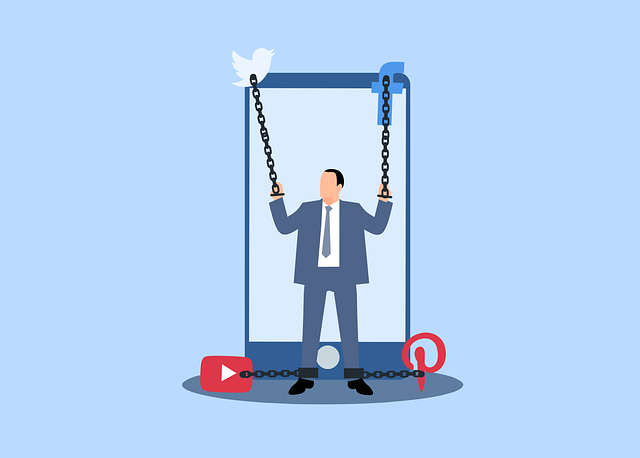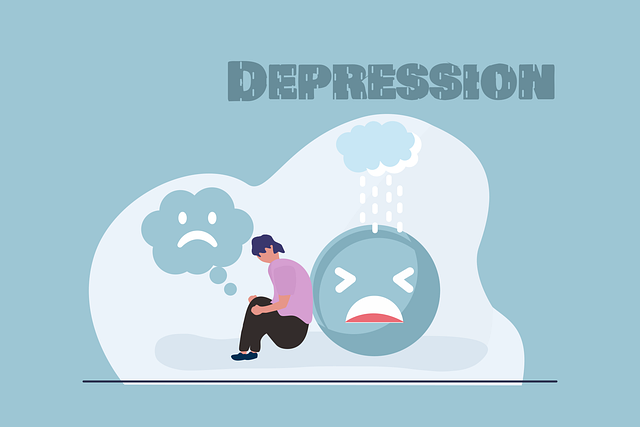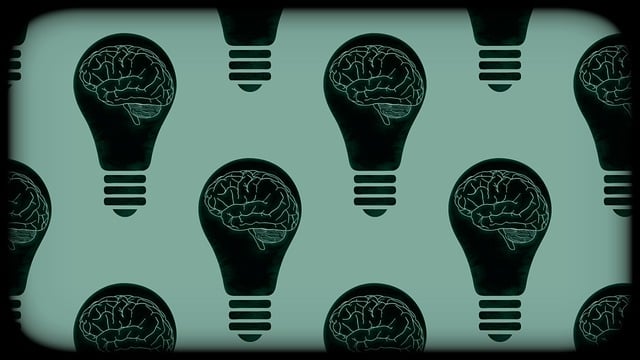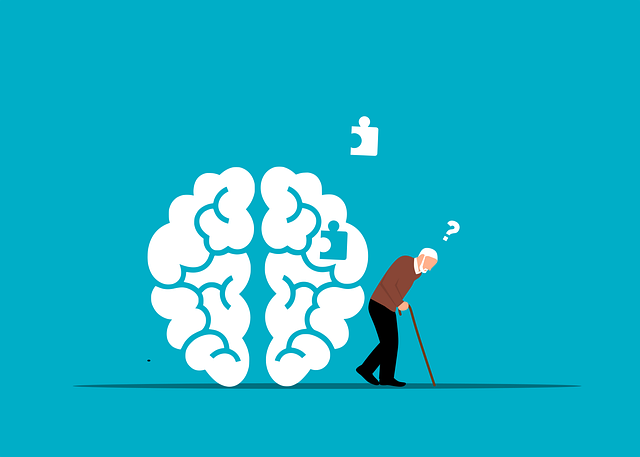Mental wellness self-assessment tools are crucial in today's healthcare landscape, especially for children struggling with sexual addiction. These tools, tailored to child development and using age-appropriate language and visual aids, enable early intervention and guide therapy. For instance, mental wellness journaling offers a creative outlet for expression and reflection, promoting healthy coping mechanisms. Continuous improvement through user feedback is essential to maintain tool effectiveness, particularly in addressing niche concerns like Therapy for Children Sexual Addiction. Accessible platforms and community outreach enhance their impact, contributing to anxiety relief and improved well-being.
In today’s digital age, the development of mental wellness self-assessment tools has become paramount in addressing emerging challenges like children’s sexual addiction. This article explores the critical role of these tools in early identification and intervention. We delve into the process of designing effective assessments tailored for children, focusing on unique considerations and strategies to enhance therapy for sexual addiction among youth. By implementing and refining these tools, mental health professionals can navigate the complex landscape of pediatric sexual behavior, fostering better outcomes.
- Understanding the Need for Self-Assessment Tools in Mental Health
- Designing Effective Self-Assessment Tools for Children's Sexual Addiction
- Implementation and Continuous Improvement Strategies
Understanding the Need for Self-Assessment Tools in Mental Health

In today’s fast-paced world, mental wellness is a cornerstone of overall health and well-being. However, recognizing and addressing mental health issues early on can be challenging. This is where self-assessment tools play a pivotal role in promoting mental wellness. These tools empower individuals to gain valuable insights into their emotional and psychological state, enabling them to make informed decisions about their mental health. For children struggling with sexual addiction, for instance, therapy often begins with a comprehensive self-assessment that helps professionals tailor interventions to the unique needs of each child.
Self-assessment tools are particularly crucial in healthcare settings where professionals, including those specializing in therapy for children with sexual addictions, face burnout. Burnout prevention strategies like compassion cultivation practices can be integrated into these tools to enhance well-being among healthcare providers. By regularly assessing and addressing their own mental health, professionals can better serve their patients while implementing effective burnout prevention measures, ultimately leading to more sustainable and compassionate care.
Designing Effective Self-Assessment Tools for Children's Sexual Addiction

Designing effective self-assessment tools for children’s sexual addiction requires a delicate balance between understanding their developmental stage and addressing sensitive topics. These tools play a crucial role in early intervention, enabling professionals to gauge a child’s mental wellness and provide tailored therapy for sexual addiction. Incorporating age-appropriate language and visual aids can make the assessment process less intimidating, fostering open communication.
The goal is not only to identify potential issues but also to offer guidance on healthy coping mechanisms, including positive thinking exercises and stress reduction methods. Mental wellness journaling exercises, specifically designed for children, can serve as a creative outlet for them to express their feelings and thoughts. This practice encourages self-reflection, helping professionals guide them towards healthier behaviors and overall mental wellness, while ensuring confidentiality and a supportive environment.
Implementation and Continuous Improvement Strategies

The development of mental wellness self-assessment tools is an ongoing process that requires strategic implementation and continuous improvement to remain effective and relevant. Once introduced, these tools should be evaluated regularly to gauge their impact and identify areas for enhancement. User feedback is invaluable during this phase; collecting input from individuals who utilize the assessments can provide insights into its usability, accessibility, and overall effectiveness in addressing specific mental health concerns, even those as nuanced as therapy for children sexual addiction.
Regular updates and revisions are necessary to keep up with evolving mental health research and community needs. This might involve incorporating new therapeutic techniques or integrating cultural considerations to ensure inclusivity. A successful implementation strategy includes promoting accessibility through diverse delivery channels like online platforms and community outreach programs. By fostering a positive thinking mindset, these tools can contribute to anxiety relief, ultimately enhancing the overall well-being of users.
Mental wellness self-assessment tools play a pivotal role in early intervention and therapy for children’s sexual addiction. By designing effective tools tailored to this sensitive issue, we can empower both children and their support networks to recognize and address problems proactively. Implementation strategies that include continuous improvement ensure these tools remain relevant and impactful. Through focused development and thoughtful distribution, self-assessment tools have the potential to revolutionize how we navigate and treat childhood sexual addiction, fostering healthier, safer futures for our kids.














